Turkish steel producers are approaching scrap purchases cautiously for March, while prices remain at relatively high levels. Although there are expectations of increased domestic market activity with the start of the construction season in March, a slowdown in exports and global uncertainties are currently causing producers to limit their purchases.
Uncertainty in U.S. tariff policies continues to affect the global steel market, and Turkish producers indicate that they are unwilling to enter the scrap market at the $360 level for now. However, since billets are no longer a viable alternative, some producers are expected to increase their scrap demand for March shipments.
On the other hand, the stabilization of rebar prices suggests that a market bottom may have formed following the price declines that began in the second week of February.
The increase in import costs and weak domestic demand in Türkiye are pushing producers to adopt a cautious pricing strategy. This situation prevents significant fluctuations in the scrap market, keeping prices within a narrow range.
While U.S. scrap sellers are currently absent from the market, transaction levels remain in the $360–$365 range. Baltic exporters’ offers continue to hold at around $360. However, Turkish producers remain resistant to these prices and are waiting for a more stable market to emerge. Expectations persist that new purchases will continue to rise with the arrival of March.
In the most recent scrap purchases for March shipments, HMS 1&2 80:20 scrap was sold from Denmark to the Mediterranean region at $357/t CFR, from the Baltic region to the Marmara region at $357/t CFR, and bonus scrap at $377/t CFR. Additionally, transactions included sales from the U.S. to the Aegean region at $359/t CFR, from the Netherlands to the Aegean region at $355/t CFR, from Germany to the Aegean region at $355/t CFR, and again from Denmark to the Mediterranean region at $358/t CFR.


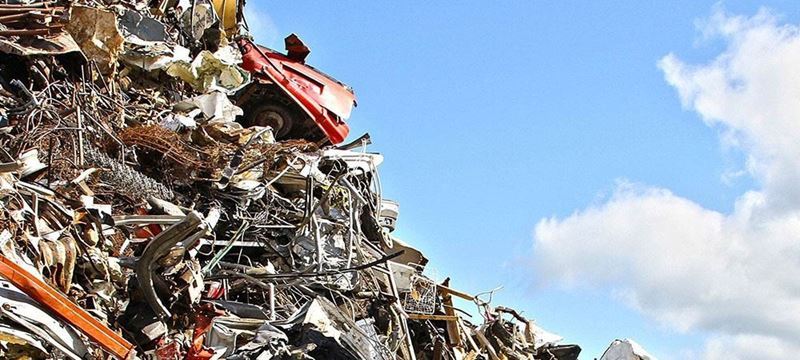

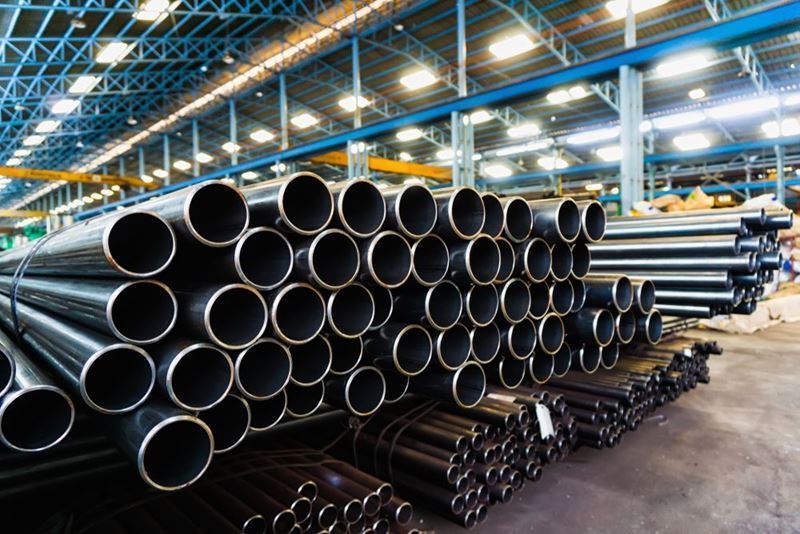
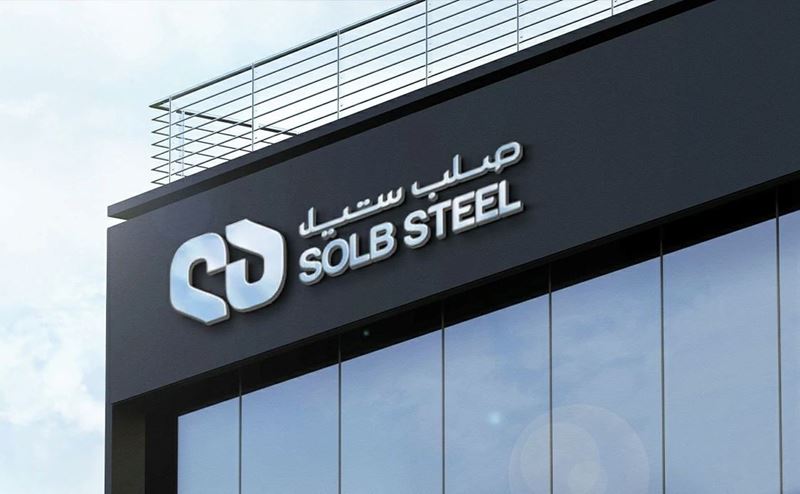
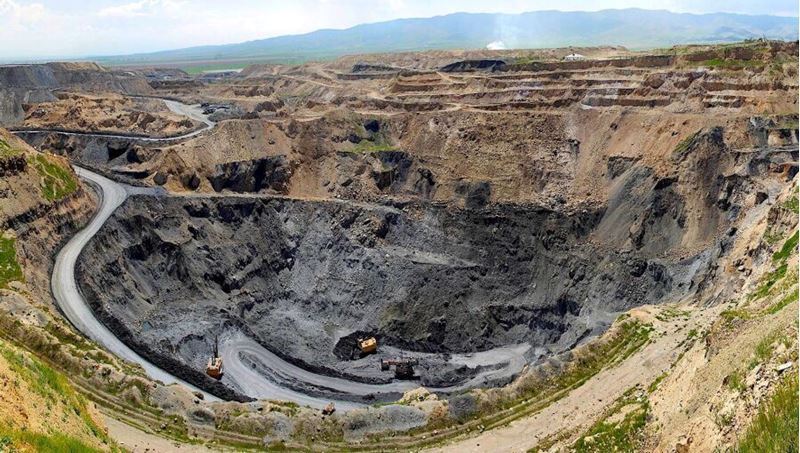
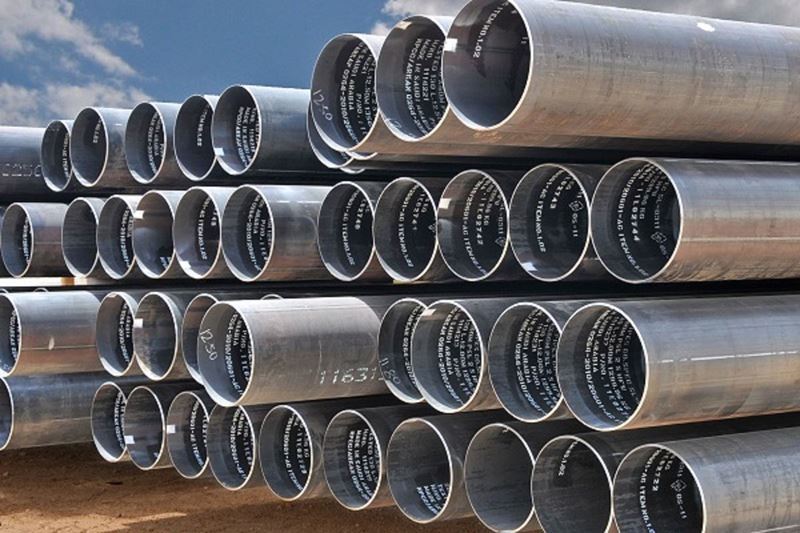
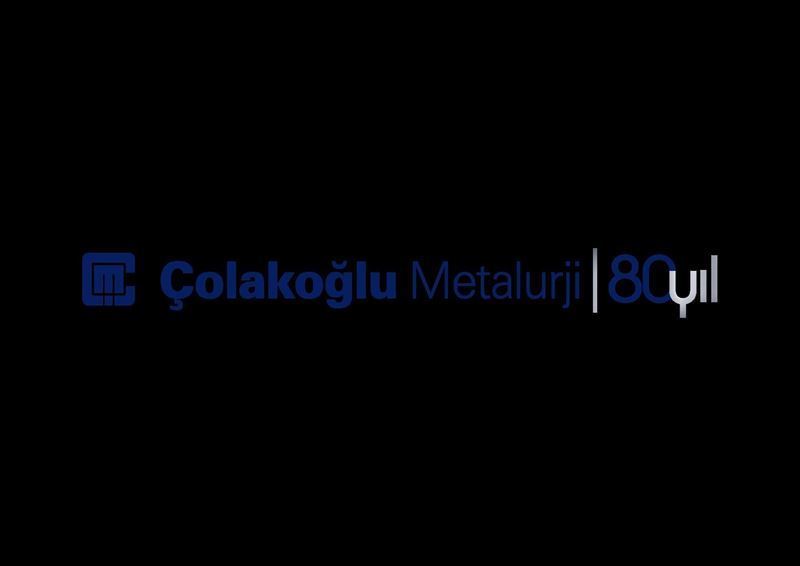


Comments
No comment yet.